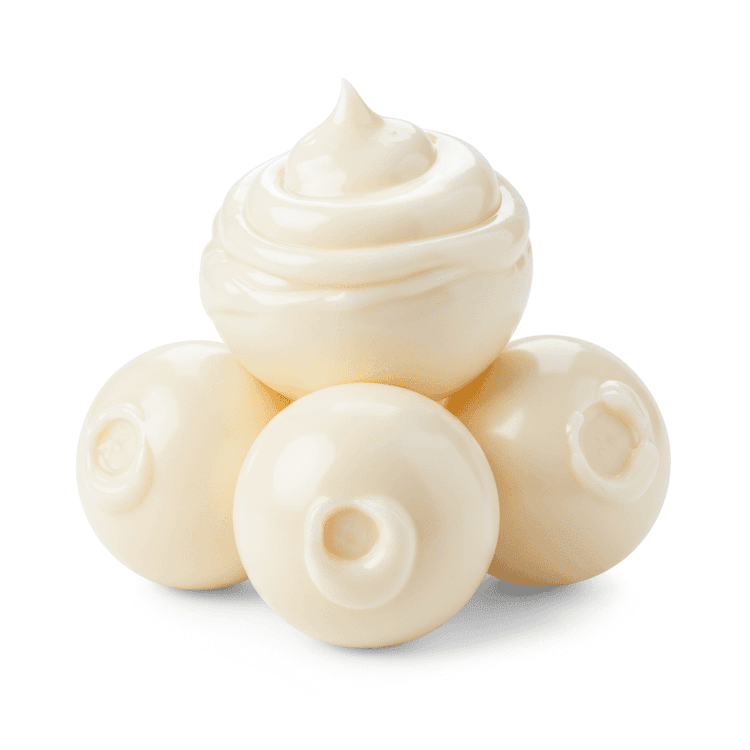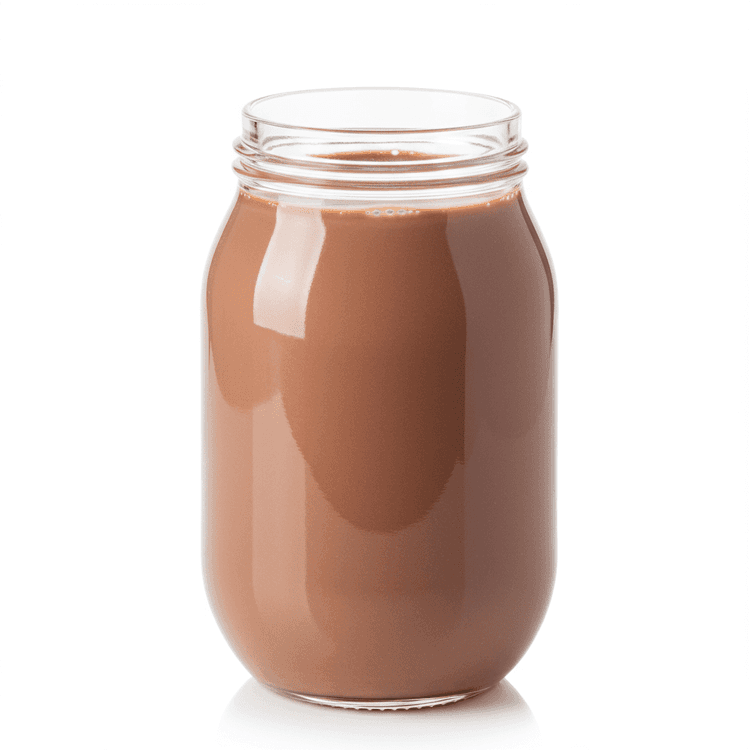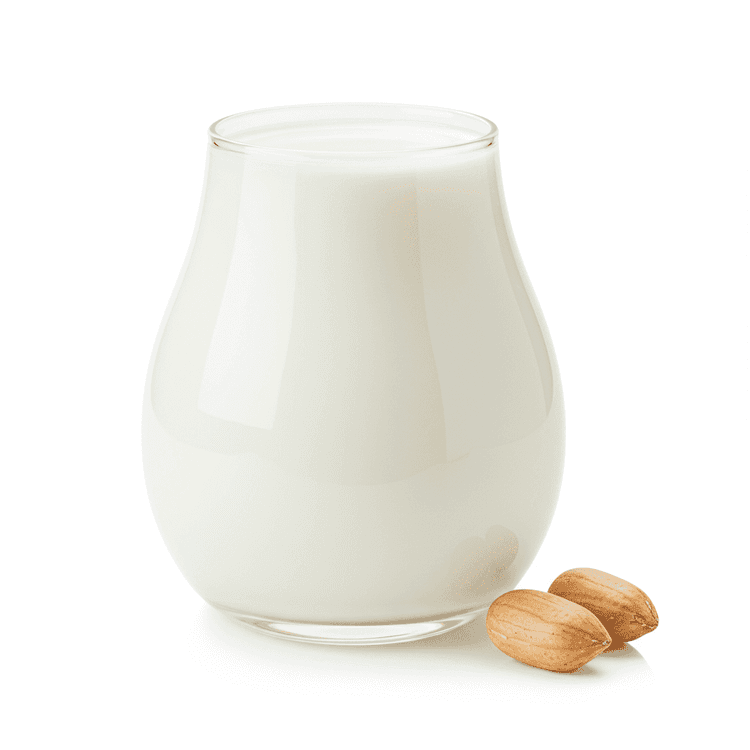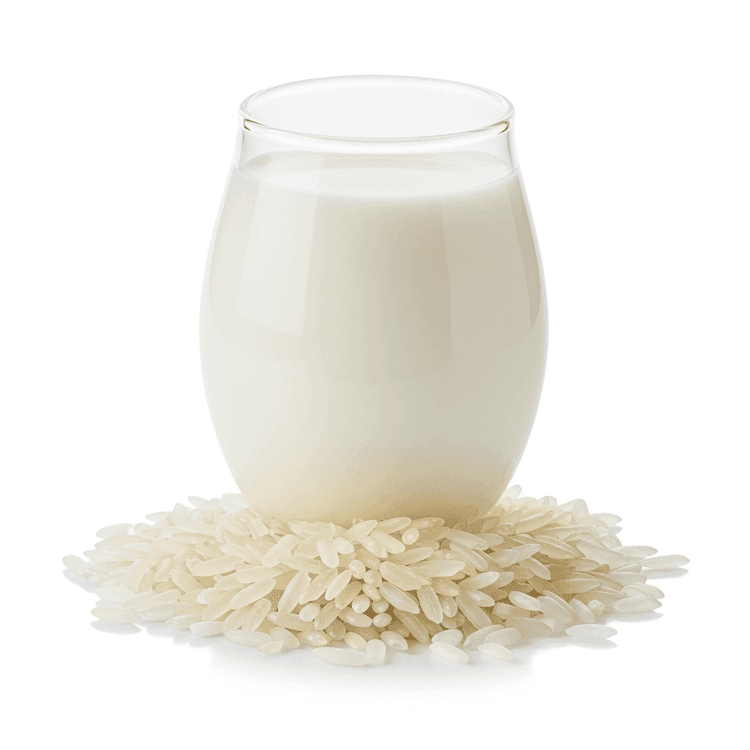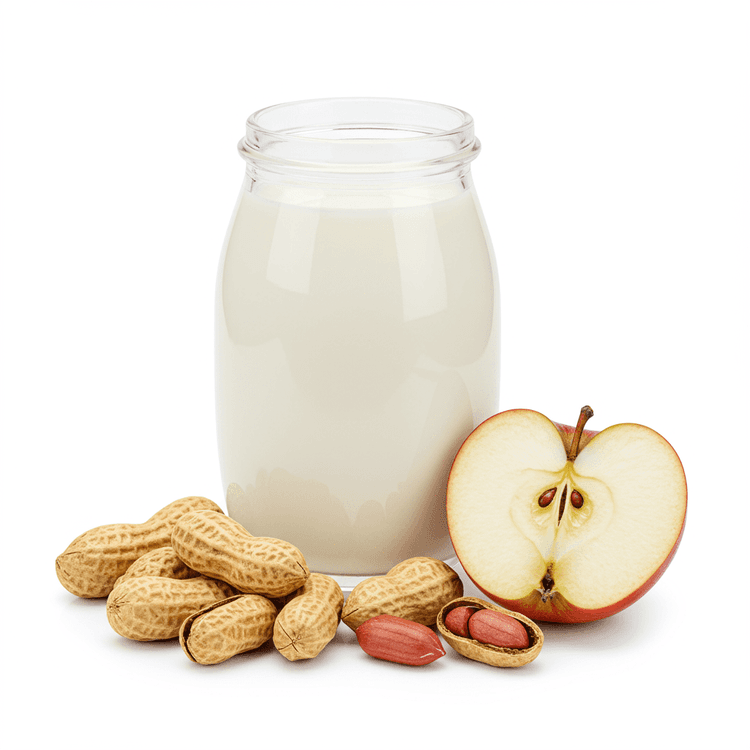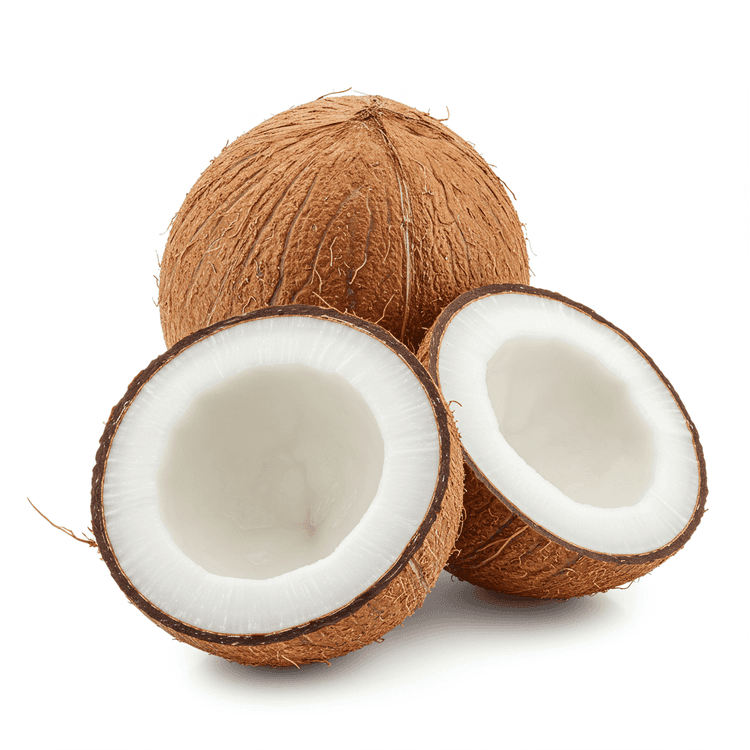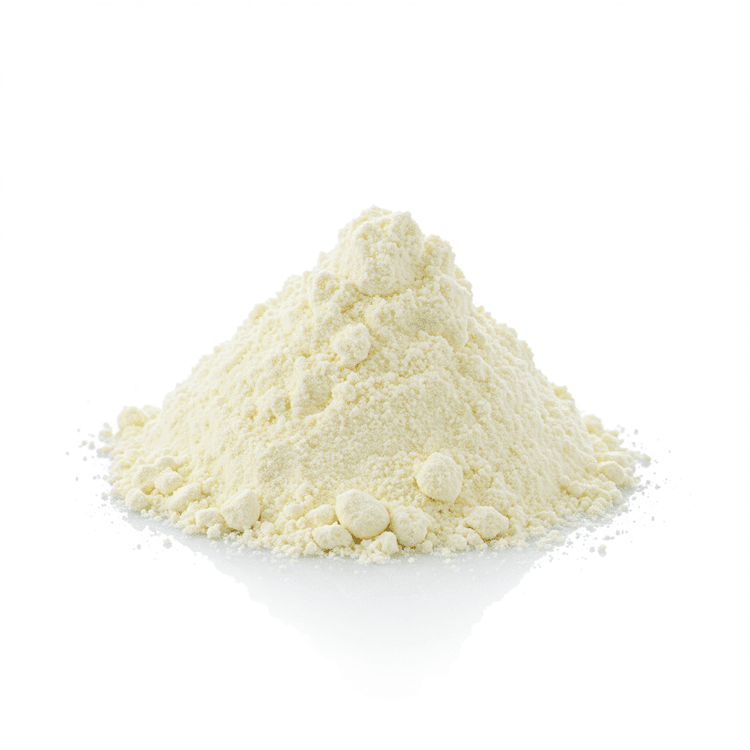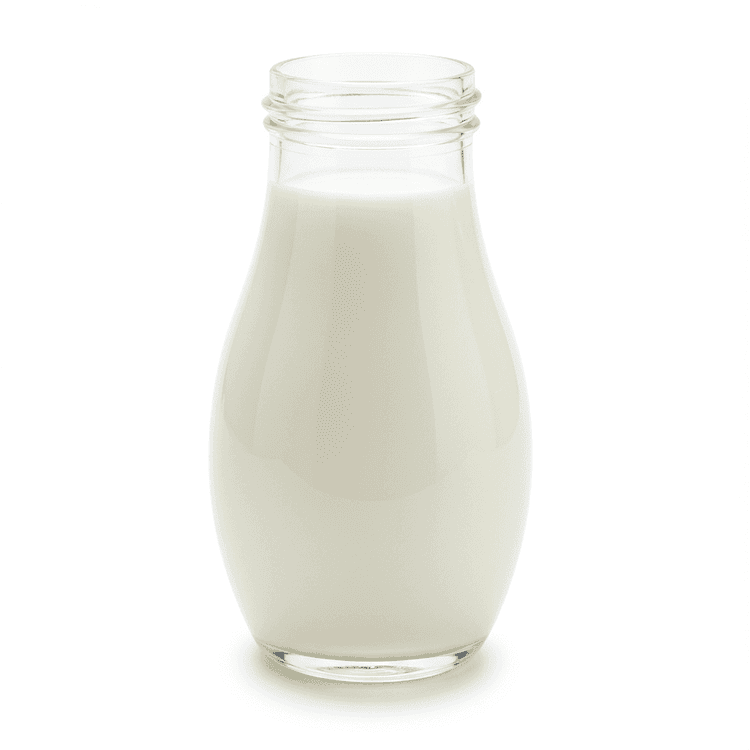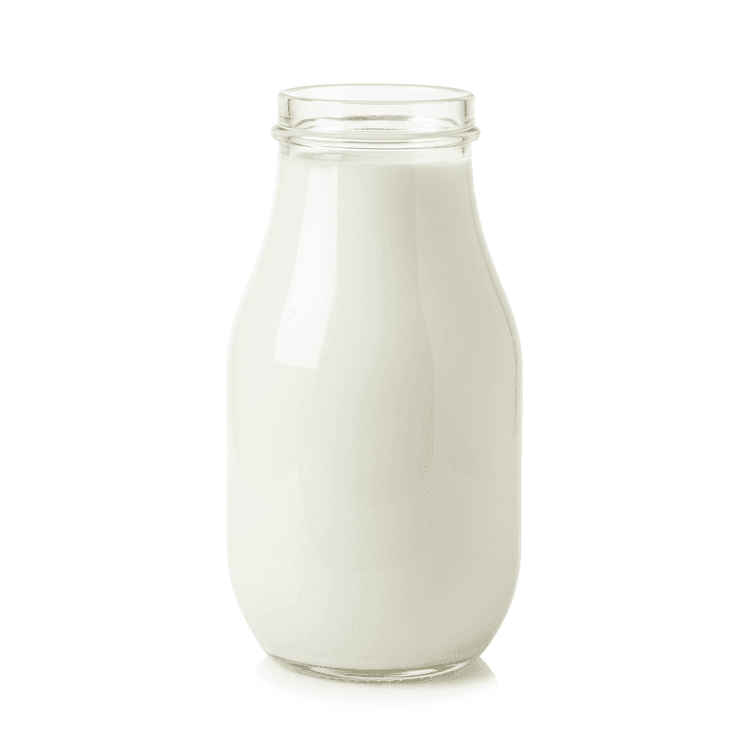
Milk
Milk is a nutrient-rich, creamy white liquid produced by mammals. Its flavor is generally mild and slightly sweet, varying slightly depending on the animal, breed, and feed. Cow's milk is the most common type, known for its smooth texture and versatility. Whole milk boasts a rich, full flavor, while reduced-fat and skim milk offer lighter options. Milk is a foundational ingredient in countless recipes and a staple beverage, prized for its calcium and protein content. Find the best milk for drinking, baking and cooking purposes.
Common Uses
- Milk is essential for making creamy sauces like béchamel and Alfredo. It provides the liquid base and contributes to the sauce's smooth, rich texture, perfect for pasta dishes and gratins.
- Milk is commonly used in baking to add moisture and richness to cakes, cookies, and bread. It helps to create a tender crumb and enhances the flavor of baked goods.
- Milk is the key ingredient in many breakfast cereals and oatmeal. Pouring milk over these creates a satisfying and nutritious breakfast.
- Milk is a primary component in numerous desserts such as ice cream, custard, and puddings. It provides the necessary liquid and fat content to achieve a creamy and smooth consistency.
- Milk is blended into smoothies and milkshakes for a creamy and refreshing drink. Combine it with fruits, vegetables, and other ingredients to create a healthy and flavorful beverage.
- Milk is often used as a tenderizing marinade for meats. The enzymes in milk can help to break down muscle fibers, resulting in a more tender and flavorful final product before grilling, roasting, or frying.
Nutrition (per serving)
Nutrition (per serving)
Calories
61.0kcal (3.05%)
Protein
3.2g (6.4%)
Carbs
4.8g (1.75%)
Sugars
5.1g (10.2%)
Healthy Fat
0.8g
Unhealthy Fat
1.6g
% Daily Value based on a 2000 calorie diet
Nutrition (per serving)
Calories
61.0kcal (3.05%)
Protein
3.2g (6.4%)
Carbs
4.8g (1.75%)
Sugars
5.1g (10.2%)
Healthy Fat
0.8g
Unhealthy Fat
1.6g
% Daily Value based on a 2000 calorie diet
Health Benefits
- Good source of calcium for strong bones and teeth.
- Provides protein for muscle building and repair.
- Contains vitamin D to aid calcium absorption and boost immunity.
- Rich in potassium, which helps regulate blood pressure.
- Offers essential nutrients like vitamin B12 for nerve function and energy.
- May contribute to heart health and reduce the risk of type 2 diabetes.
Substitutes
Chefadora AI is here.
Experience smarter, stress-free cooking.
Storage Tips
Milk should always be refrigerated promptly at or below 40°F (4°C). Store milk in its original container and keep it on a shelf inside the refrigerator, not in the door, to maintain a consistent temperature. For best flavor and to prevent spoilage, use milk before its expiration date. Opened containers of milk should be used within 5-7 days.
Marnirni-apinthi Building, Lot Fourteen,
North Terrace, Adelaide, South Australia, 5000
Australia
